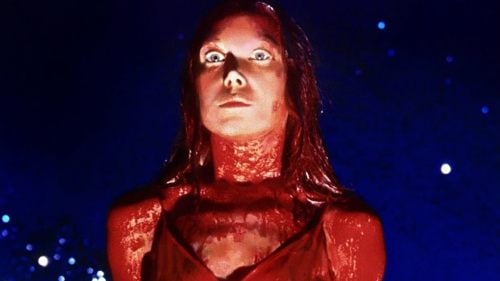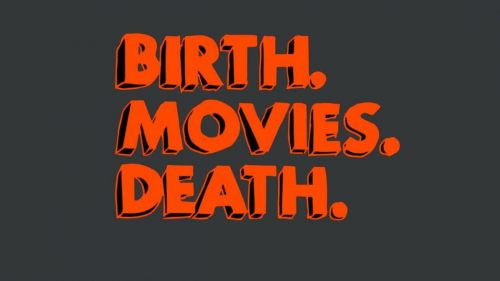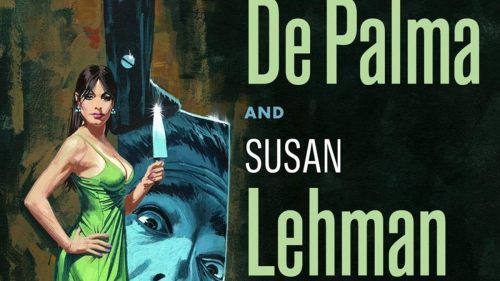BMD Picks Their Favorite Brian De Palma Pictures
This week, Brian De Palma turned seventy-seven, and if Jake Paltrow and Noah Baumbach’s superlative documentary proved anything, its that the wily auteur hasn’t lost a single step. Sure, most folks (wrongfully) dismissed his last thriller, Passion (’12), but that picture had enough playful cinematic verve to satisfy his hardest core fans. The man is one of the greatest directors to ever step foot behind a camera, transmuting his autobiographical woes and personal perversions into distinguished pieces of pop pulp. Constantly in dialogue with the past while pushing the form toward the future, De Palma’s movies are essential for anyone who wants to take film (or themselves as film fans) seriously.
We’ve lost a lot of great directors this year – Tobe Hooper, Jonathan Demme, George A. Romero – so we here at BMD thought it wise to get together and celebrate our favorite Brian De Palma films while the GOAT is still alive, kicking, and (hopefully) able to give us another thrill one day…

Phantom of the Paradise [1974] (w. Brian De Palma)
I came to Phantom of the Paradise around age fourteen, dubbing the well-worn Key Video VHS from the shelf of Camera Video Showplace so I could watch it whenever I wanted. I must have viewed the film two dozen times that year. The movie, itself then only ten years old, did not register to me as a cynical piss-take of the glam rock era by two guys (Brian De Palma and Paul Williams) too old for that fad to have any deep personal meaning for them. Nor did it carry any heavy “70s camp” value in 1984; it looked good and sounded great. As a 14 year-old, the Williams songs were 100% sincere, its story - a songwriter (William Finley) ruined and disfigured by a Phil Spector-like record producer (Williams) and battling him for the soul of a beautiful singer (Jessica Harper) - an operatic, colorful fable taken at face value. It was a pretty solid crash course in filmmaking, to boot.
As my understanding of film and filmmaking grew, so did my appreciation of De Palma’s giallo-colored mash-up of Phantom of the Opera, Faust, and Gary Glitter. Like its crazed title character, Phantom is manic and angry, gleefully pissed off at the fast-buck record industry of its time, and it accurately predicts the flavor-of-the-moment attention span that would come to dominate the music scene in the 21st century. 33 years after finding it, it’s heartening to see the film find an audience (beyond France and Winnipeg, the only places it didn’t bomb in 1974). But it’s also hard to separate my feelings from the experience of seeing the film in the conditions in which I did. Today - despite buying it on Blu-ray three different times in the past five years - the film is no longer on the near-constant loop it once was on my TV. I think I, at the end of the day, like it best as that sincere, larger-than-life tragedy, and so now it’s played sparingly, kissed hello on special occasions, lest I deplete its magic. – Phil Nobile Jr.
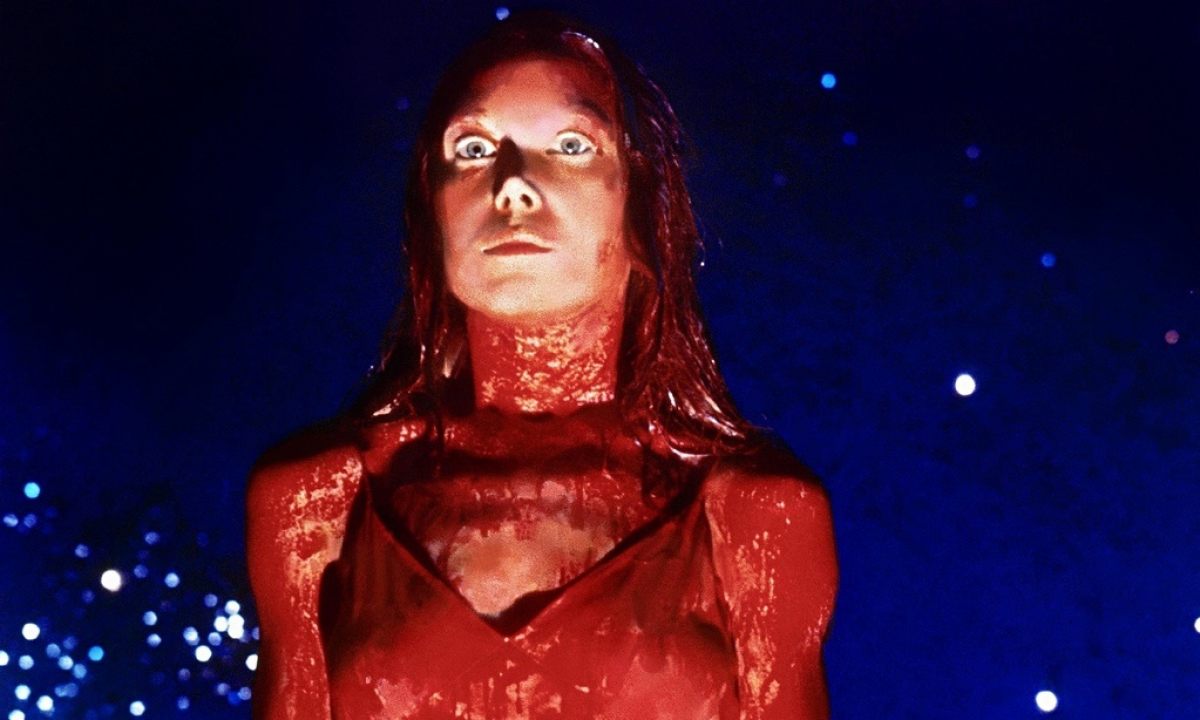
Carrie [1976] (w. Lawrence D. Cohen)
It’s more commonly thought of as the first Stephen King adaptation, but Carrie was also Brian De Palma’s first mainstream hit (and adjusted for inflation, still his third biggest), paving the way for the director’s career ahead as the book did for its author. Carrie cemented much of what we’ve come to associate with De Palma: meticulously observed slow-motion set pieces; split screens and diopters; put-upon outsiders; psychological hang-ups over sex and identity; and an operatic Pino Donaggio score to tie it all together.
With Carrie, De Palma made Sissy Spacek into an unlikely star, embraced the burgeoning talent of John Travolta before the rest of cinema did, and helped Spacek and Piper Laurie earn Academy Award nominations. That the film still plays so well forty years on (despite the existence of a remake) is a testament to its source material's timelessness, horror, and empathy, but also to De Palma's virtuoso talent as a filmmaker. His telling of King's poignant, supernatural coming-of-age story renders every single character and story beat memorable or even iconic. And how many horror movie endings owe a debt to Carrie’s - without ever matching its impeccable timing? – Andrew Todd

Dressed to Kill [1980] (w. Brian De Palma)
I appreciate Brian De Palma’s ability to make big Hollywood movies without tarnishing his edge or softening his artistic integrity, but it’s just so thrilling when he fully embraces his weird kinks and love for cinematic artifice without giving a second thought to a larger audience. My favorite of these is without a doubt Dressed to Kill, but there are plenty of gems to choose from.
But oh my God, Dressed to Kill - the opening and closing fake-outs, the sleaziness, the spying, the insane Hitchcock lifts, the kid teaming up with a hooker, the fact that Bobbi’s secret identity isn’t even trying to trick audiences (something De Palma’d do again in the also amazing Body Double), and good grief, that museum sequence. It’s all so sleazy and crazy and beautiful.
I instantly became a fan for life and went back to re-watch everything I’d already seen, now prepared to really SEE what made something as silly as Mission: Impossible feel so special. For all his genuine classics (it was very hard not to choose Blow Out here), my heart and appreciation will always belong to Dressed to Kill above all others. Holy Mackerel. – Evan Saathoff
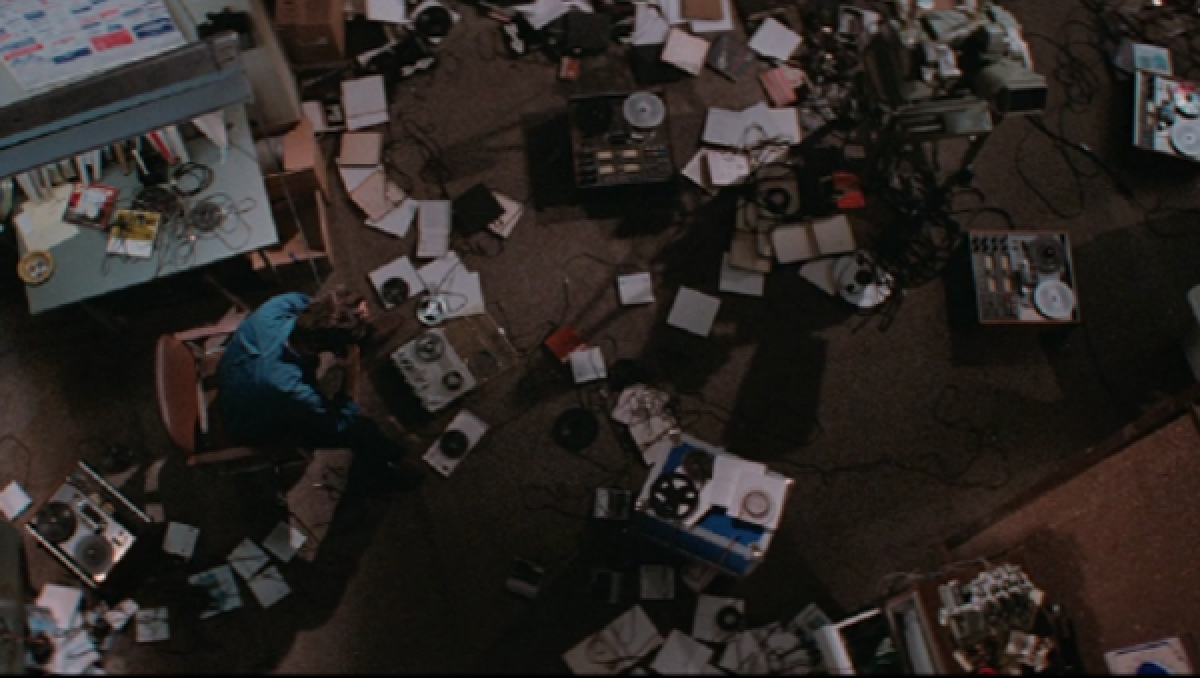
Blow Out [1981] (w. Brian De Palma)
The BMD staff includes several De Palma experts, and if we're going to be honest with our readership (and ourselves) I think we need to admit that this post's Blow Out entry should really have been written up by one of them. Compared to some of my BMD brethren, I am but a casual De Palma enthusiast, and in my mind Blow Out represents the absolute pinnacle of the director's output (that I would consider Blow Out De Palma's masterpiece rather than, say, Body Double only further illustrates my status as a De Palma tourist). But hey, Meredith already snagged Mission: Impossible - a film I'd feel very comfortable writing about with authority - so here we are.
Blow Out is one of cinema's greatest thrillers, a showcase not only for De Palma's talent for sleaze and violence but also for star John Travolta, who turns in one of the best performances of his career as sound-effects wunderkind Jack Terry. After inadvertently recording an assassination, Jack finds himself hunted by the lunatic who carried out said elimination (a truly creepy John Lithgow), and ... well, the film's ending is one of the most memorable I've ever encountered, but that's not to say that things turn out so well for anyone involved.
Final thought: I recommend turning any viewing of Blow Out into a profoundly unsettling double feature with Coppola's The Conversation. – Scott Wampler
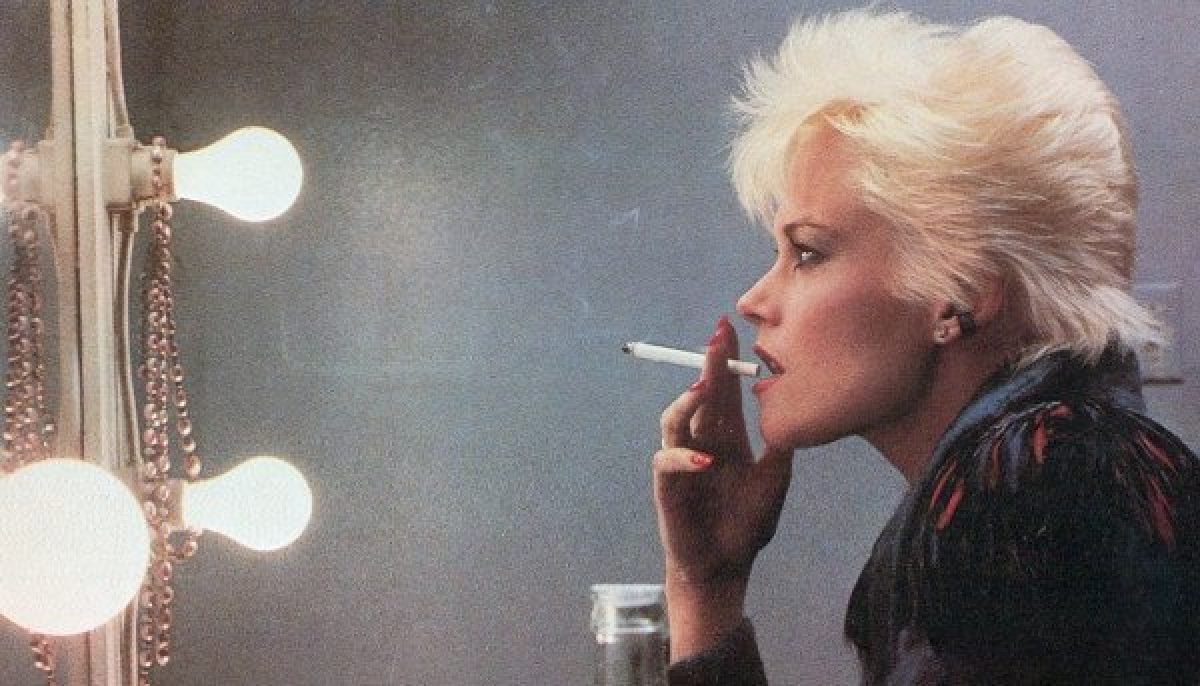
Body Double [1984] (w. Robert J. Avrech & Brian De Palma)
Brian De Palma is a Grade A pervert, and he’s OK with your knowing that. De Palma helmed this ode to the VHS era of '80s smut as a response to detractors of Dressed to Kill and Scarface’s rampant sex and violence; a gaudy, sensationalist masterwork that is half comment on the very artifice of the motion picture, half middle finger to an establishment who condemned his ongoing fascination these vices. Body Double is unapologetically lecherous, paying tribute to Roger Corman trash art like Slumber Party Massacre just as effortlessly as it does Alfred Hitchcock’s Vertigo (the movie that inspired the technical side of his brain to want to become a filmmaker). Seldom has a major Hollywood production been so brazen in its perverse braggadocio, as De Palma embraces every criticism lobbed at him during his already lengthy feature career and remolds them into razor sharp filmic weapons. Yet beyond being an expertly crafted piece of thriller pastiche, Body Double acts as a precursor to Paul Thomas Anderson’s Boogie Nights. Where Anderson delivered the definitive fictitious take on the skin flick factory of the '70s San Fernando Valley, De Palma was documenting his own decade’s neon-drenched adult film industry with an eye for MTV chic.
Body Double may not be the best De Palma picture, but it’s arguably the MOST De Palma picture. Unrepentantly anti-real, there isn’t so much a narrative as it’s a series of escalating set pieces, each more sensational than the last. By the end, we’re caught in a dizzying, cum-stained miasma of raw sensuality and latex, the camera having just acted as an expert dance partner through this cavalcade of erotic thrills. But it’s all in good fun, as De Palma never loses sight of who he truly is: an entertainer who never saw the need in differentiating between “high” and “low” art, thanks to spending just as much time in the Film Forum as he did on 42nd Street. So just just the movie’s advice and relax. – Jacob Knight

Carlito’s Way [1993] (w. David Koepp)
I was just turning fourteen when I rented Carlito's Way, which is also around the time I started watching movies just as much for who directed them as I did for who starred in them. So, while I had seen Raising Cain (and, er, Bonfire of the Vanities), Carlito's Way was the first time I watched a movie BECAUSE it was from Brian De Palma, and that's probably why it’s remained one of my favorites as I made my way through his filmography over the years. To be fair, it was also one of the first mob movies I ever saw, so I got to see the things that are rather cliché (failed attempts to go straight, loyalty coming back to bite you in the ass, etc.) for the first time here, but it's De Palma's gleeful approach to the material that has kept me coming back to it more than his other mob movies, such as Scarface or The Untouchables.
The early scene where Carlito (Al Pacino, in a somewhat erratic but always entertaining performance) instantly sees that something is amiss in a pool hall and carefully orchestrates a "trick shot" in order to use a goon's sunglasses to keep an eye on what is going on behind him - and get a jump on his would-be murderers - is vintage De Palma: dizzying camera shots, reflections, the near-painful tension building because you're never sure when the shit's gonna hit the fan. It’s glorious. There are some other crackerjack sequences in the film, especially the final reel, when four henchmen are pursuing Carlito, as he tries to make his way to Grand Central (and, in turn, his hard-earned freedom), but the pool hall quickly distills what makes BDP’s suspense scenes so great. I may not have known much about the guy when that scene began, but by the time it ended, I knew that if I wanted to learn about directors, he'd be an ideal example to follow. – Brian Collins

Mission: Impossible [1996] (w. David Koepp & Robert Towne)
"Kittridge, you've never seen me very upset."
Brian De Palma's Mission: Impossible marked a sea change in the career of Tom Cruise. The affable everyman we knew in Brian Flanagan, Cole Trickle, Daniel Kaffee and even Mitch McDeere intensified in senior IMF agent Ethan Hunt. That handsome, boyish warmth turned into something hard and cold. This was still Tom Cruise, but it was a new Tom Cruise: faster, tougher, with just a tinge of the fanatical to him.
With Mission: Impossible, De Palma changed the professional course of our best-loved movie star and rebooted a long-dormant franchise all at once, with a flashbang of energy and breathless tension. From the thrilling cold open to the moment Hunt drags a helicopter into the goddamn Chunnel, De Palma keeps us riveted, hanging suspended and unable to look away. – Meredith Borders

